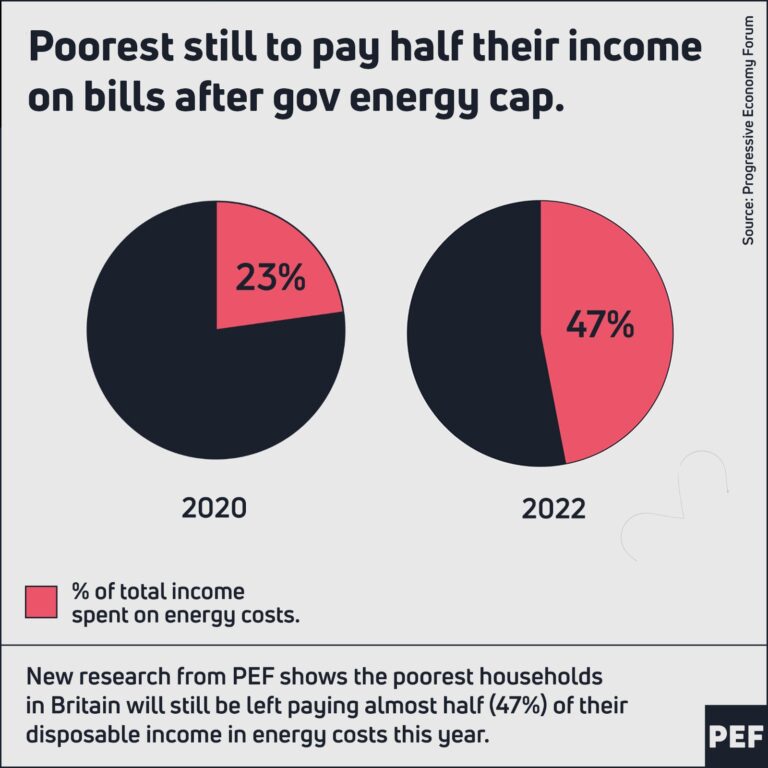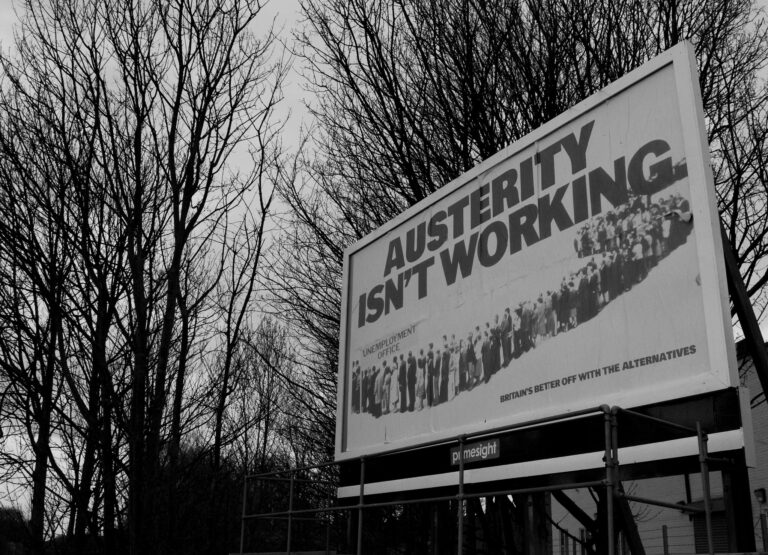Rishi Sunak’s second budget was transitional in two ways. It presented a recovery scenario in which unprecedented government support of a Covid-1- battered economy tailed off over the next year. It also represented the start of a revolution in thinking about the state’s role in the economy, so silent than hardly anyone has noticed it.
To start with the first. The economy has shrunk by 10% since last March. In that time the government has spent over £300bn ‘supporting jobs,incomes,and businesses’. The OBR expects the economy to have recovered all this lost output by mid 2022, 4% this year, 7% next year. As a consequence, government borrowing to ‘support the econmy’ will tail off from £355bn today to £234bn next year and decline thereafter, the cancellation of the furlough in September being the biggest saving. The national debt will peak at 97% of GDP in 2023-4 and then start falling.
The thought processes underlying this rosy prospectus seem somewhat as follows. The lockdown stops this summer. ‘Non-essential’ businesses reopen, helped by tax breaks and subsidies. Customers flock back, free at last to spend their ‘forced’ savings. Employment picks up. The economy starts booming. Inflation –the dog which failed to bark for ten years –is set to take off at last.
It may go like this –no one knows for certain. But I am highly sceptical about this story of ‘pent-up demand’. A shrinkage in national income by 10% implies a fall, not rise, in national saving. Saving out of income may go up, but income itself is lower. That’s why it’s not like in a war, when you have full employment and rising wages, but less to spend money on. Today, the wealthier sections of the population, whose incomes haven’t fallen, will now be free to spend more on restaurants, entertainment, holidays, and so on; but what about all those whose incomes have fallen? Where is their ‘pent up demand’ supposed to come from?
So it is dangerous to assume that the reopening of the economy will be automatically followed by a strong recovery. To give the economy a cushion of extra spending power the Chancellor has wisely kept furlough going till September. I would have preferred that this money, some £60bn, be given to local authorities to create public jobs in their areas, especially for young people. Now it is too late, because no one in the Treasury was thinking along these lines. Only someone with a bit of history can tell 30-year old Treasury officials that there used to be something called ‘public works’.
Since the 2008-9 financial crisis, macro economic policy has been in a mess, like a ship without a navigation system, responding to storms as they blow up. A start has been made on the necessary job of developing a proper policy framework. Mr. Sunak means three things by ‘sustainable’ public finances: first, in ‘normal’ times the state should balance its day- to- day (or current spending) budget; second,national debt should not be rising over the medium term, and ‘we need to pay attention to its affordability’; third, it makes sense when interest rates are so low ‘to invest in capital projects that can drive our future growth’. (The Chancellor put his money where his mouth was by announcing a UK Infrastructure Bank to invest ‘in public and private projects to finance the green industrial revolution’ .)
Further, in a significant passage Mr. Sunak said that the Bank of England’s 2% inflation target should reflect ‘the importance of environmental stability and transition to net zero’ –the first hint we have had of a formal modification of the Bank’s mandate.
These principles give the start of a sensible policy of fiscal and monetary coordination which we have lacked for ten years.
But the Treasury still finds it hard to get rid of old habits of thinking. For example, ‘it will take years to pay back the debt’. Pay it back to whom? Most of the debt incurred since last March to support the economy has been borrowed from the Bank of England. Paying back the Bank is simply transferring money from one government department to another.
Then, what did Mr. Sunak mean which he talked about the need to ‘fix’ the public finances, as though they were broken? In fact they are not broken, they are doing exactly what public finances should be doing, which is to balance the economy, supporting it when it is collapsing and withdrawing support when it is booming. This is not just policy for emergencies: it is part of the state’s normal stabilization function. It reflects the fact that economies do not automatically self-balance at full employment. The state budget is the balancing factor. Therefore, provided we have in place a policy which supports recovery, we should not worry about the deficit: it will reduce automatically.
My worry is rather the reverse; that the measures to support the economy during the pandemic will be withdrawn, without being replaced by measures to stimulate the recovery. If that turns out to be true, we will be in for a very severe recession and the Chancellor will have to come back in six months time to announce further recovery measures. It’s important to start thinking now about what they should be.
Robert Skidelsky
This article was first published in the Catholic Herald
Photo credit








